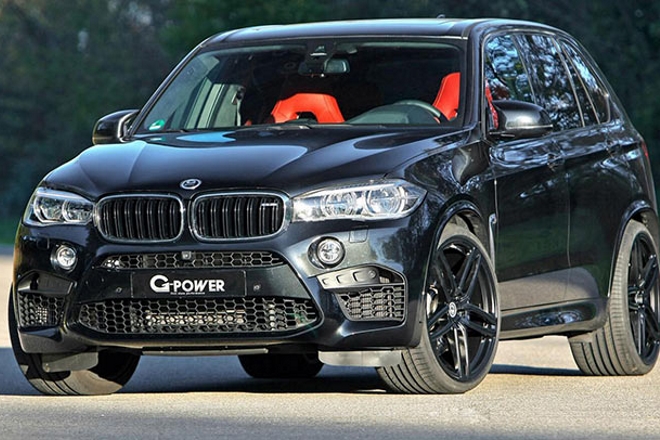Bank Car Auctions: A Practical Way to Find Quality Used Vehicles
Bank car auctions have become an increasingly popular method for savvy buyers to purchase quality used vehicles at competitive prices. These auctions offer a unique opportunity to access a wide range of cars, trucks, and SUVs that have been repossessed by financial institutions. For those willing to navigate the auction process, substantial savings and hidden gems await. This article will explore the ins and outs of bank car auctions, providing valuable insights for potential buyers looking to make informed decisions in this dynamic marketplace.

What Are Bank Car Auctions and How Do They Work?
Bank car auctions are events where financial institutions sell vehicles that have been repossessed due to loan defaults. When borrowers fail to make payments on their auto loans, banks have the right to reclaim the vehicles as collateral. Rather than keeping these assets, banks aim to recover their losses by selling the vehicles through auctions.
The auction process typically involves a live or online bidding system. Interested buyers register for the auction, inspect the available vehicles, and then place bids on their desired cars. The highest bidder at the end of the auction wins the right to purchase the vehicle. This process allows banks to quickly liquidate their inventory while offering buyers the chance to acquire vehicles at potentially lower prices than traditional dealerships.
Why Consider Buying from a Bank Car Auction?
There are several compelling reasons to consider purchasing a vehicle through a bank car auction:
-
Potential for significant savings: Since banks are primarily interested in recouping their losses, vehicles are often sold at prices below market value.
-
Wide selection of vehicles: Bank auctions frequently feature a diverse range of makes, models, and vehicle types, from economy cars to luxury vehicles.
-
Opportunity to find newer models: Many repossessed vehicles are relatively recent models, offering buyers a chance to purchase newer cars at reduced prices.
-
Transparent history: Banks typically provide vehicle history reports, allowing buyers to make informed decisions about the cars they’re considering.
-
Less pressure: Unlike traditional dealerships, bank auctions offer a more relaxed environment without salespeople pushing for a sale.
How to Participate in a Bank Car Auction
Participating in a bank car auction requires some preparation and understanding of the process:
-
Research and registration: Find upcoming auctions in your area and register as a bidder. This often involves providing identification and a refundable deposit.
-
Vehicle inspection: Arrive early on auction day to thoroughly inspect the vehicles you’re interested in. Bring a mechanic if possible.
-
Set a budget: Determine your maximum bid for each vehicle, factoring in potential repair costs and fees.
-
Bidding: During the auction, place your bids clearly and confidently. Stay within your predetermined budget to avoid overspending.
-
Payment and paperwork: If you win a bid, be prepared to make a deposit or full payment immediately. Complete all necessary paperwork to transfer ownership.
-
Vehicle removal: Arrange to remove the vehicle from the auction site within the specified timeframe, usually within 24-48 hours.
Types of Vehicles Commonly Available
Bank car auctions offer a wide variety of vehicles to suit different needs and preferences:
-
Sedans and compact cars: Ideal for daily commuters and small families.
-
SUVs and crossovers: Popular choices for those needing more space and versatility.
-
Trucks: Often available for buyers seeking work vehicles or rugged transportation.
-
Luxury vehicles: High-end cars from premium brands can be found at significant discounts.
-
Sports cars: Performance enthusiasts may find desirable models at competitive prices.
-
Vans and minivans: Suitable for large families or business use.
Key Tips Before You Bid and Pricing Information
Before participating in a bank car auction, consider these essential tips:
-
Research market values: Understand the fair market value of the vehicles you’re interested in to avoid overbidding.
-
Inspect thoroughly: Carefully examine each vehicle for damage, wear, and potential mechanical issues.
-
Check vehicle history: Review provided history reports to identify any red flags or previous accidents.
-
Factor in additional costs: Remember to account for auction fees, taxes, and potential repair expenses when setting your budget.
-
Avoid emotional bidding: Stick to your predetermined limits and avoid getting caught up in bidding wars.
| Vehicle Type | Average Starting Bid | Potential Savings |
|---|---|---|
| Compact Cars | $3,000 - $5,000 | 20-40% |
| Midsize Sedans | $5,000 - $8,000 | 25-45% |
| SUVs | $7,000 - $12,000 | 30-50% |
| Luxury Vehicles | $15,000 - $25,000 | 40-60% |
| Trucks | $8,000 - $15,000 | 25-45% |
Prices, rates, or cost estimates mentioned in this article are based on the latest available information but may change over time. Independent research is advised before making financial decisions.
Bank car auctions offer a unique opportunity to purchase quality used vehicles at competitive prices. By understanding the auction process, preparing adequately, and approaching the experience with a strategic mindset, buyers can potentially save thousands of dollars on their next vehicle purchase. While the process may require more effort than traditional car buying methods, the potential rewards make bank car auctions an attractive option for budget-conscious consumers and car enthusiasts alike.




